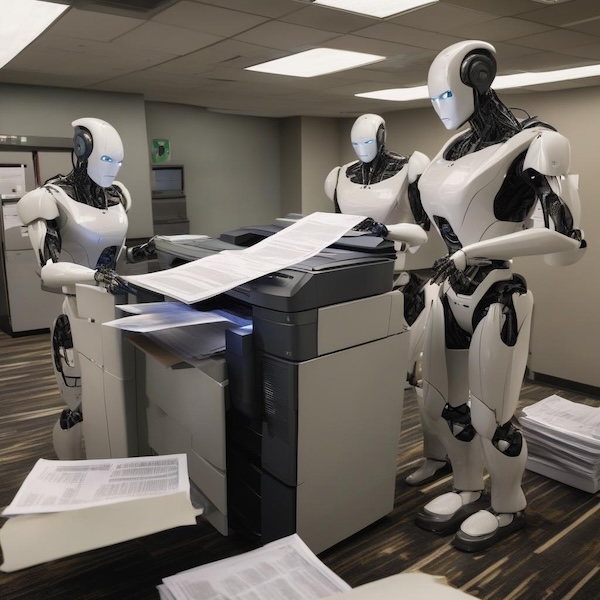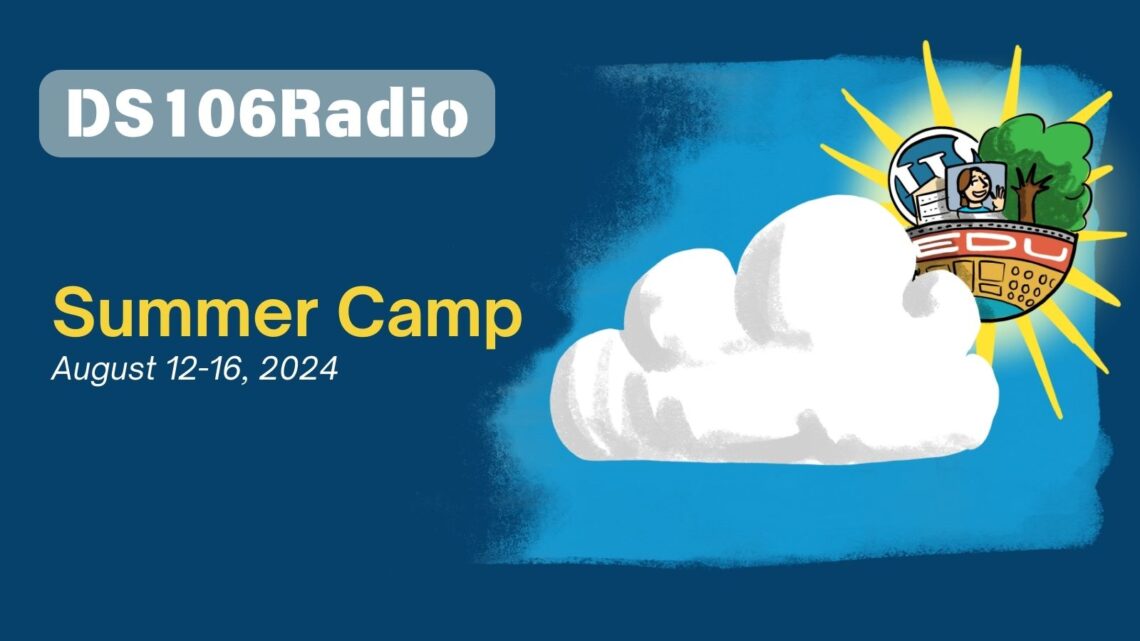-
Behold the new wonder chemical
I’ve read a few historical science books recently, The Radium Girls, and The Chemical Age amongst them. One common factor when detailing the dangers of chemicals is the manner in which they were treated as a miracle cure, wonder drug, panacea for all ills. You shake your head in wonder at accounts of people drinking “radium water” to improve their health, or states deploying DDT with wild abandon. In all of these cases, initial positive results in some areas were extrapolated to be a cure-all. Part of the reason these chemicals went on to cause such damage is partly because people were making a lot of money and deliberately sought…
-
Monthly round-up Sept 24
(A sketch of my Galway keynote) As the new academic year started, and lots of my peers were back on campus, I was… walking my dog on the nature reserve at Kenfig Sands. The summer is generally quieter, so this was the first time I really noticed my post-OU status. And it felt good. I’ve kept my toe in the academic waters however, giving a keynote at the Digital Ed Conference in Galway, at the (fairly) newly consolidated Atlantic Technical University. They are at an interesting position in their development, having brought together different technical colleges under one banner and now implementing a new learning environment. If you had a…
-
Openness isn’t just about product
David Wiley has been something of a mischievous imp recently, arguing that Open Education will become generative AI education. What I’ve always admired about David is his focus on pragmatism. This provides a valid and consistent lens (although not the only one) through which to engage with technology – essentially the overarching question is “is it useful for learners?” David argues that if we accept: I haven’t seen David’s actual talk yet as it wasn’t uploaded at the time of writing, so maybe he addresses some of what I say below [UPDATE – oh yes it is upoaded at https://www.youtube.com/watch?v=5brjbA6Yww4]. From a purely practical perspective, he is right. Regardless of…
-
Return to Blip, or developing my PIE
(Photo – Nigel Wade https://www.flickr.com/photos/nigeljohnwade/1895521126/) A few posts back I talked about how, since the demise of Twitter, we are all forced to make more finely tuned decisions about our social media platforms. The one-size-fits-all approach that Twitter presented is no longer viable, so we have to select from a wide range of options for particular purposes. I jokingly called this the PEE (Personal Engagement Environment), but a couple of readers suggested the better acronym of PIE (Personal Interaction Environment). I love a PIE, so let’s go with that. Now that I am semi-retired, and I have no interest in playing golf and don’t own a yacht, I have been…
-
Things I was wrong about pt 4 – AI
After admitting I was wrong about QR codes, the death of the VLE and the democratising power of social media, we’ve arrived at the inevitable one I suppose. I want you to insert the biggest sigh you can imagine here – <sigh>. This is an example of when some knowledge can be a bit disadvantageous. I have a PhD in Artificial Intelligence, from back in 1994 and I joined the OU as a lecturer in AI. So, yeah, I should know a bit about it. I was however, largely dismissive of it, partly because I was grounded in symbolic AI (expert systems and the like), and had not really monitored…
-
Privileging AI over people
Many of you will have seen that the Internet Archive lost an appeal against publishers recently. This related specifically to their National Emergency Library project when, during the pandemic, they removed the loaning cap on digital copies of books they had scanned. Remember, this was during the pandemic, when people couldn’t access physical copies, and many commercial publishers were effectively engaged in price gouging of digital copies. Access to some 500,000 books has been removed. I suppose I have some sympathy with authors who may be losing income as a result, and some of the digital-print analogies break down around copying a physical book and making it available to everyone,…
-
August 24 round up
I’ve been attempting to get some momentum into those fun projects I promised myself I would undertake when I left the OU. It’s been a bit stop/start, I just seem to get going with one when something derails it. My planned running schedule has stalled but I have been taking Teilo on a weekly hike. I have combined this with another side project, which is to set up a vinyl Instagram account of photos of album covers in the wild in Wales (rather like podcasts, these are something that all men of a certain age seem to feel the world needs). It’s useful because it acts as an impetus to…
-
The darkish side of open licences
A few weeks ago Eamon Costello highlighted that Taylor and Francis/Routledge had sold the rights to harvest their content for Ai to Microsoft. I, like many others, felt a sense of outrage (although I haven’t published with them for quite a few years). I think it is the sense of powerlessness that is frustrating, they can do this, and make even more money from your content, without any consultation. However, I also reflected that as someone who ran an open access journal and publishes under open access licences, then Microsoft (and any other AI harvesters) could have been doing this happily already, without any need to consult me. I remember…
-
Things I was Wrong About Pt3 – The democratisation of social media
(Remember FriendFeed?) Following on from QR Codes and The Death of the VLE, I offer the third in my potentially never-ending series of Things I Was Wrong About. This one requires more of a serious face. In a week when the richest man in the world is using the global communication platform he purchased to undermine the government in the UK, promote the idea of civil war and push right wing ideology, the very idea of democratisation through social media seems naive and ludicrous. But reader, imagine if you can the heady days of 2007-2010. Web 2.0 is in its heyday and we are considering the concept of digital scholarship…
-
DS106Radio Summer camp – the partial attention conference
I attend quite a few online conferences, and while I appreciate the ease with which you can attend these, they are often victims of everyday work creep – you’ll be reading emails, responding to queries, or dropping out of the conference to attend an online meeting. I always feel guilty about this, and not giving quite the same attention I might in-person (mind you, most conference audiences are looking at their phones and doing the same anyway). I think Tony Hirst used to talk about partial attention during conferences (although I can’t find anything now), where you split your focus between online, which might be online chatter about the talk…









